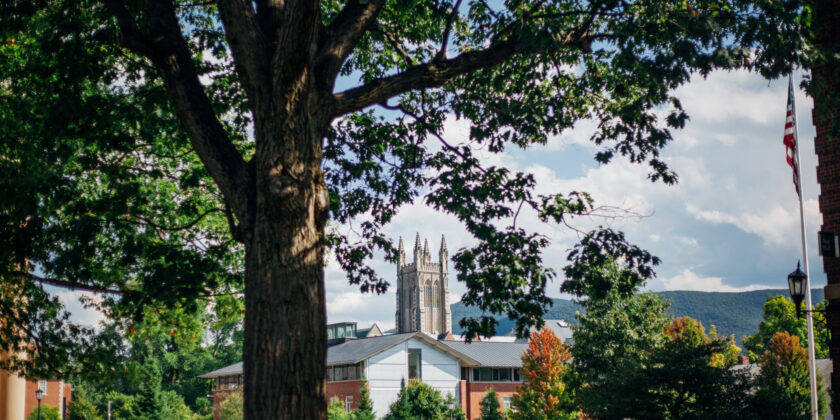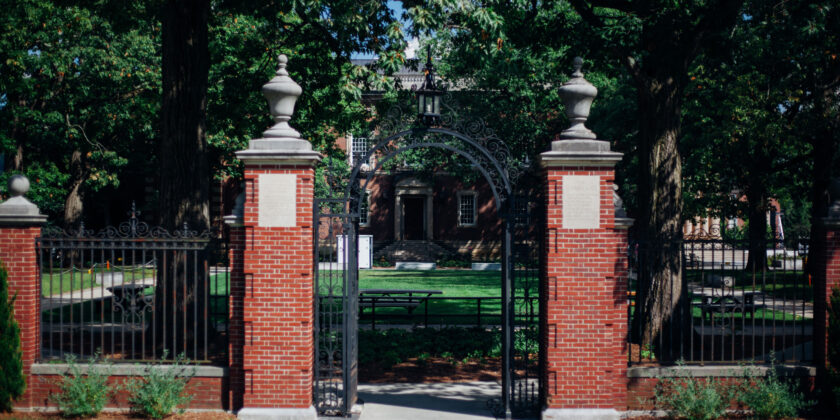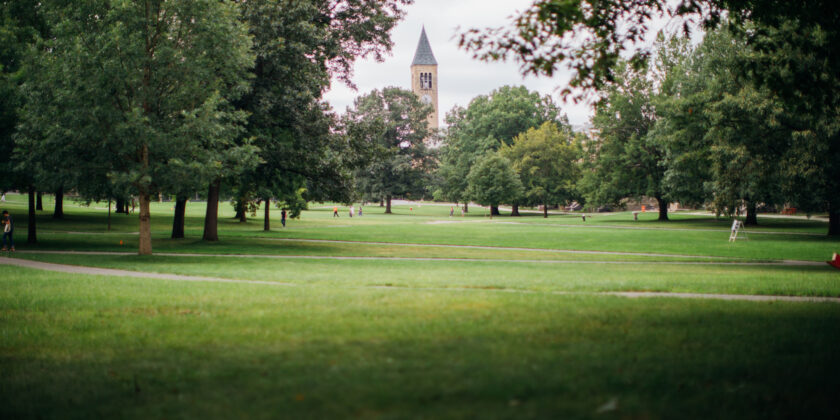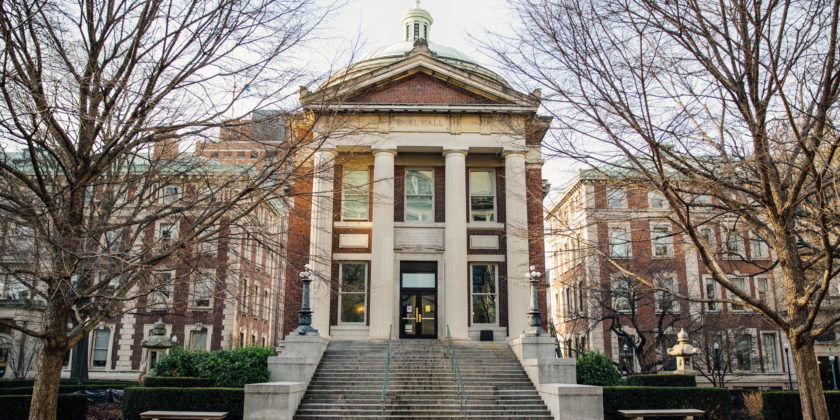
College can be a transformative four years—socially, academically, and otherwise. And though you’ll be guided from the start by way of orientation and assignment to an advisor, one of the most significant differences between high school and college is that, for the most part, the guidance you receive is minimal. In fact, the majority of the resources available to you—related to your academic life, career, wellness, and otherwise—you’ll have to seek out and take advantage of on your own.
I want to cover three resources that you should make a point to get to know from early on in your college career and utilize throughout.
Career Services
One of the most underutilized resources on many college campuses is the career center. I highly suggest you get to know your career center and its staff starting in the fall of your freshmen year, or by spring of your freshmen year, latest.
Career services staff help students develop résumés, practice interviewing skills, learn about the job search process, and figure out a future career. This is one of the main reasons to attend college: preparation for your career and life beyond college. This preparation is, in part, something you will need to seek out. It is especially crucial if you are entering college unsure of what major path you might enjoy or are best suited for, or if while in college, you learn that the path you thought you desired is not the one for you.
Let’s look at one college in particular so you can get a sense of what is offered—Tulane University’s Career Center. Three essential services they provide:
- Choose the right major by understanding the curriculum and related career options.
- Online self-assessments help you get to know your interests, your skills, and your values.
- Explore your career options by gathering information on career paths you might be considering.
This is just the tip of the iceberg! You can meet with an advisor or career coach 1:1 to get personalized advice, discuss self-assessment results, wor on your resume, pinpoint on-campus opportunities to help you explore majors and career paths, and so much more. Attending events, for example, career fairs, brown bag lunch speak series events by individuals in specific roles in specific organizations that might be of interest to you, speed networking events, etc.—there are more resources available than you will ever be able to take advantage of every semester, so chose two or three.
Do you have no ideas what any of these things are? You are not alone! That is why, not unlike the process of applying to college, you need to start this process early and work on it often. You need to familiarize yourself with the offerings at your school and begin to take advantage of them early in your college career.
Finding your best fit major and eventual career path is not something that you just wake up one day and know or that falls into your lap; you need to work on it, and work toward it. Your new school has the resources and guidance necessary, so please take advantage.
Wellness Center
You’ve probably noticed that wellness is a “thing” and it’s not just about your physical health or sick prevention. Wellness is about making healthy choices and maintaining a sound mind, body, and soul. You’ll want to strive for all three in college.
Stress prevention and management fall under the category of wellness at many schools, so you’ll see centers and related activities popping up to manage stress and other wellness related issues outside of formal health centers. Many schools even have dedicated “wellness” centers now that tackle the broader range of wellness habits and work to help students make healthy choices in all aspects of their lives as a means to support their academic, personal and professional goals.
Let’s take Tulane again, for example. They have a center called The Well that is devoted to engaging the Tulane community in creating a healthier campus, building individual capacity for health, and reducing barriers to wellness. The Well staff embrace a positive, holistic, social justice-oriented definition of health, and provide research-informed programming that acknowledges that well-being, engaged learning, academic success, citizenship, and openness to diversity are inextricably connected.
The Well provides resources on health topics relevant to the experience of university students that includes, but is not limited to:
- Alcohol and Other Drugs;
- Sexual Health
- Sleep
- Stress
- Sexual Violence Prevention
You can meet 1:1 with a counselor, in a confidential, safe space to discuss anything that falls under any of the categories above. Keep in mind you are not alone and that many students seek help to keep their wellness in check and ensure they are working toward their best possible mind, body, and soul.
Academic Learning Center
All colleges have learning centers or offices dedicated to helping students be successful academically. The Tulane Academic Learning Center’s mission is, for example, to help students succeed in their academic career. Like most other learning centers, they offer peer tutoring, Supplemental Instruction (SI), writing coaching, pop-up review sessions, individual and group study space, workshops, and online learning resources. This is the place you go when you need help with a paper or class, need to learn new strategies to turn your B’s into A’s, or find the space to collaborate with classmates on group projects.
In high school, you might have turned to 1:1 tutoring immediately when you needed help; in college, I encourage you to first head to your learning center to explore the supports available. Many offer free or low cost 1:1 tutoring in addition to other support services.
Colleges want your experience on their campus to be a positive one. Therefore, they put the resources in place that they know you will benefit from, and create safe spaces for you to get the help you need. Never feel like you are alone in anything that you face in college, and always reach out for support—it is all around you!
And, if you feel like the resources at your new school are lacking in some way, or want even more individualized 1:1 support, let us know, as we offer affordable semester-by-semester advising packages that focus on major exploration, internship/job search, and resume/LinkedIn development.









